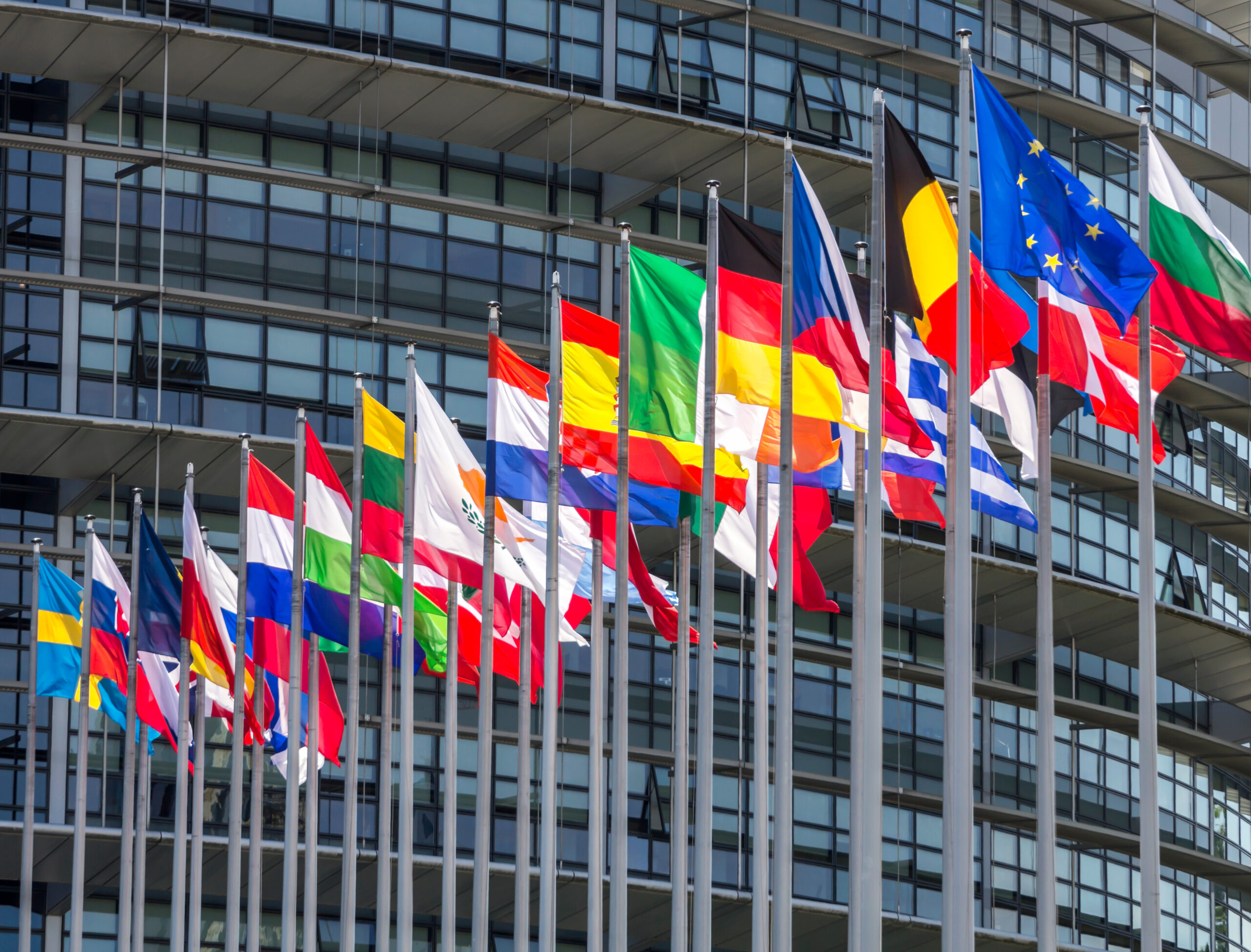By Graham Roche, Director, Ireland
The headlines
The introduction of AIFMD 2 marks a significant shift in the regulatory landscape for private credit funds in Europe. The new framework harmonises loan origination rules across EU member states, impacting all EU domiciled AIFs that grant loans.
Whilst an EU member state has the discretion to supplement AIFMD 2 with additional loan origination related rules for AIFs established in its jurisdiction, save for the likely restriction on consumer lending (as outlined below), Ireland and Luxembourg are expected to transpose AIFMD 2 into local law without any gold-plating provisions. In practice, this will mean a significant relaxation of the existing Irish loan origination fund regime, and the introduction of loan origination rules in Luxembourg for the first time.
Why is this new regulation being introduced?
Europe remains a regulatory patchwork quilt, with different rules for non-bank lenders in individual EU member states. Such barriers hinder the cross-border flow of capital within the EU.
Building an integrated European capital market with harmonised rules for loan origination is a key EU policy, and AIFMD 2 seeks to (i) provide companies with better access to diverse financing options beyond traditional bank lending; (ii) harmonise loan origination rules to improve risk management across the financial market; and (iii) increase transparency for investors.
What are the main benefits to private credit managers?
AIFMD 2 regulation provides for the introduction of a pan-European loan origination passport, which would allow a loan originating AIF in one EU member state lend to a borrower in another EU member state.
Harmonised loan origination rules will unlock significant and much needed capacity across the wider European fund service industry, thus providing private credit managers with greater choice of fund domicile. Ireland, which is better known as a domicile for liquid fund structures, has significant expertise in private credit (with $169bn of private credit funds under management/administration and more than 50% of the world’s commercial airline fleet financed via Irish vehicles) and is already seeing significant interest from U.S. and UK managers in advance of AIFMD 2 implementation.
The new regulations will allow direct lending through open-ended funds subject to appropriate liquidity management tools being in place. Currently, most EU member states only permit loan origination through closed-ended funds.
Greater fund domicile flexibility fosters increased competition, benefiting asset managers and investors alike.
AIFMD 2 provides that the national competent authority (NCA) of an EU AIF’s home member state may allow a depositary established in another EU member state to be appointed as depositary to the AIF following a request from the AIFM and where the AIFM demonstrates the lack of appropriate depositary services in the AIF’s home member state.
Does AIFMD 2 define “loan origination”?
AIFMD 2 defines loan origination as:
“the granting of a loan (i) directly by an AIF (as the original lender); or (ii) indirectly through a third party or special purpose vehicle (“SPV”), which originates a loan for or on behalf of the AIF, or for or on behalf of an AIFM in respect of the AIF, where the AIFM or AIF is involved in structuring the loan, or defining or pre-agreeing its characteristics, prior to gaining exposure to the loan.”
Does AIFMD 2 define “loan originating AIF”?
AIFMD 2 defines a loan originating AIF (LO AIF) as:
“an AIF:
(i) whose investment strategy is mainly to originate loans; or
(ii) whose originated loans have a notional value that represents at least 50 % of its net asset value.”
What are the new loan origination rules under AIFMD 2?
Liquidity
Diversification
Leverage
Risk retention
Prohibition of "originate-to-distribute” strategies
Allocation of loan proceeds
Investor disclosure requirements (applicable to all AIFs that originate loans, not just LO AIFs)
Consumer lending
Connected party restrictions
Policies and procedures
Enhanced regulatory reporting
Are there any transitional or grandfathering provisions?
AIFMD 2 provides a five-year grandfathering period in respect of all AIFs engaged in loan origination that were established prior to the Effective Date and do not raise any additional capital after that date. Therefore, such AIFs have until 16 April 2029 to comply with certain aspects of AIFMD 2.
Speak to IQ-EQ
IQ-EQ provides a host of services for private credit funds and European long-term investment funds (ELTIFs), including AIFM services, investment management, fund administration, depositary, SPV management services, loan administration, ESG consulting/reporting, regulatory compliance and AML solutions. If you’d like to learn more, please contact us today.





